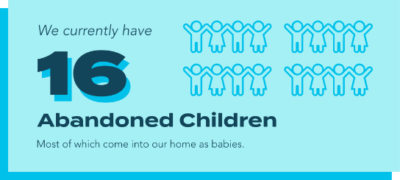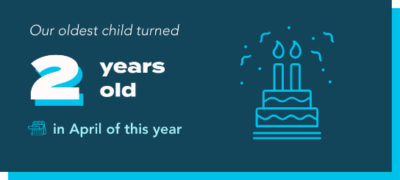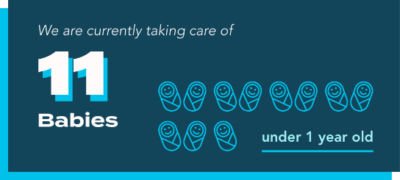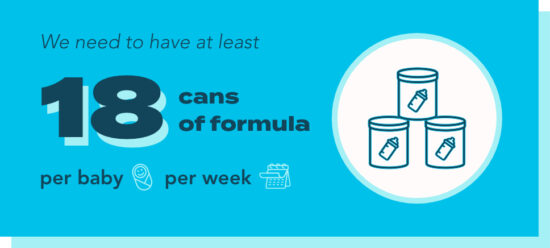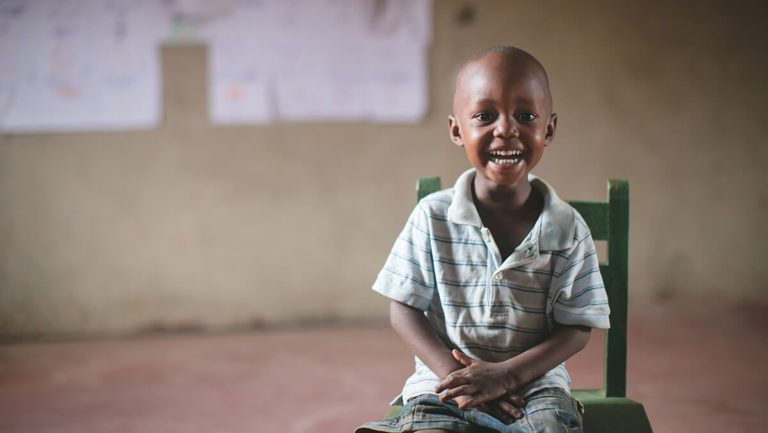The 14-hour drive with Six Abandoned Babies (with no seatbelts and no car seats)
We loaded into a small Ethiopian van with seven other people for what would become a 26-hour round-trip ride that would forever change my life. The sweltering Ethiopian heat beat down on the small bread-shaped van, with no air conditioning to relieve us from the traveling oven we were riding in. At that time many of the roads were very rugged, with no pavement and very large potholes.
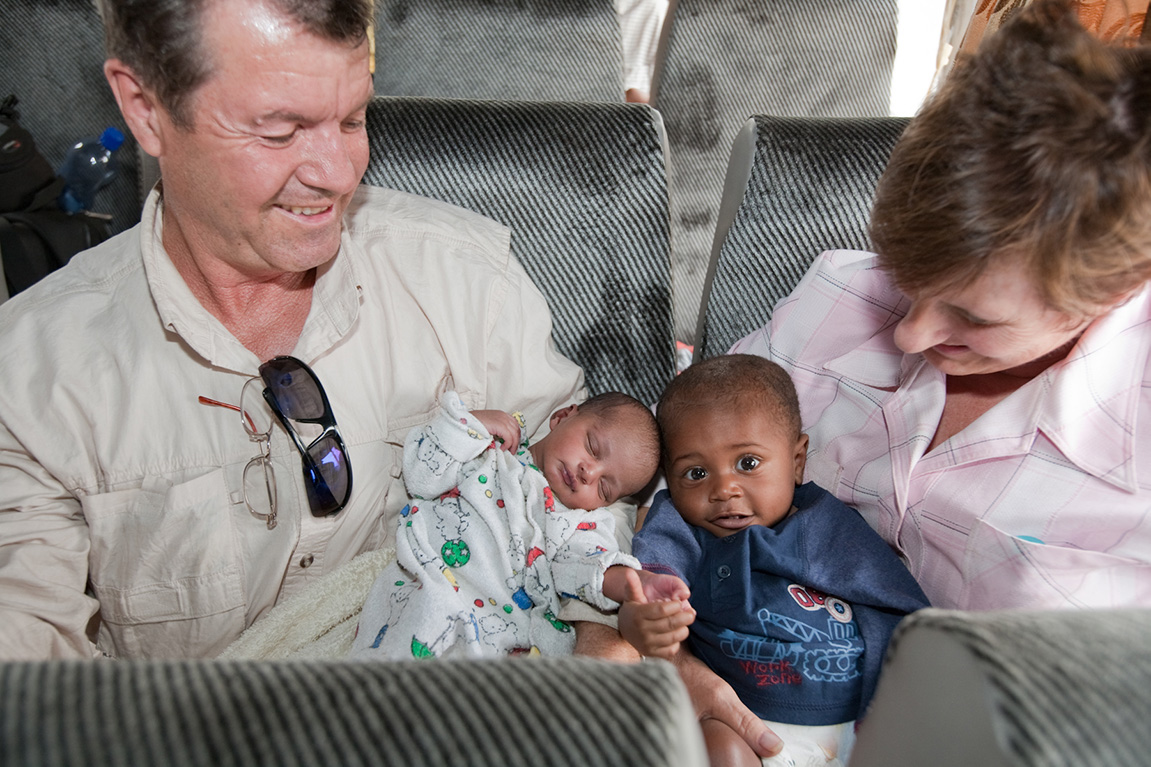
Our destination was a small town in Western Ethiopia called Nekemte, where six abandoned babies waited for our arrival. These precious babies had been approved for adoption and waited to be taken back to the capital city. As we pulled up to the facility, we were struck with how immaculately clean it was. The home was filled with babies who were loved and well cared for. The staff was remarkably well trained and most importantly, the babies were lavishly loved. I don’t know anything else like it in the entire nation of Ethiopia.
As with many vans in Ethiopia, our baby transport van had no seatbelts and no car seats. We had the incredible privilege of holding each of these precious lives for the entirety of the 14 hours return trip. I would find out later that this strenuous, cramped ride would cause long term damage to my back. However, this was a sacrifice I was willing to make, because it was on this trip that I fell in love with God’s heart for abandoned babies, and especially, the House of Joy.
Many newborns are abandoned on pathways in the jungle. Because of this, there is a saying in the Rift Valley of Ethiopia:
“When the hyenas howl, a baby has died.”
When we hear the heart’s cry of God, these babies live.
The Government has no place for these babies
The abandoned children crisis in Ethiopia is not new. With an estimated 90% of their population living below the poverty level, many families simply cannot care for their newborn children. There are many reasons for this crisis. The shame of unwed mothers giving birth, children orphaned thru HIV/AIDS, waterborne disease, starvation, and many other poverty-related issues have resulted in over 5 million children being orphaned throughout this country. Many of those have been abandoned.
This has left the government in an impossible situation. Overwhelmed with so many abandoned children, they often have no place for them. They regularly contact House of Joy to see if they have the ability to take any more of these abandoned and orphaned children.
House of Joy
Today, there are 16 abandoned children living at House of Joy. The oldest is 2 years old, and eleven are babies are under 1 year old. They are loved, nourished, and radically transformed from the time they arrive.
The abandoned babies coming into the House of Joy have often suffered starving and are terribly emaciated. It is painful to see a malnourished baby with their skin sagging off of their bones. But, through the love and care given to them in the House of Joy, their transformations are nothing short of miraculous. These babies receive 2.5 cans of baby formula per day, and a loving place to sleep and grow.
Baby formula in Ethiopia is very costly. A single small can of baby formula costs $6.00 per can. With each child averaging 2.5 cans per day, the ongoing formula budget gets very expensive.
On one of my trips to the House of Joy in Ethiopia, I took my 12-year-old grandson with me. Will was so moved by what he saw in the home, that he went straight home and raised money for a whole month’s worth of formula for the home. When we arrived on the next trip, we were shocked to see that they only had one can of formula remaining in the cupboard. Will’s formula gift came just in time! This experience deeply impacted the heart of that 12-year-old.
We are dedicated to help keep that formula cupboard full.
House of Joy recruits and trains families who adopt these precious children.
The long-term mission of House of Joy is to place these precious children into loving homes. However, adoption is a foreign concept in many Ethiopian cultures. We were surprised to learn that in some of the regions, they do not even have a native word for “Adoption”. It has been a challenge to help many of these people understand how they can be a part of the solution to this crisis.
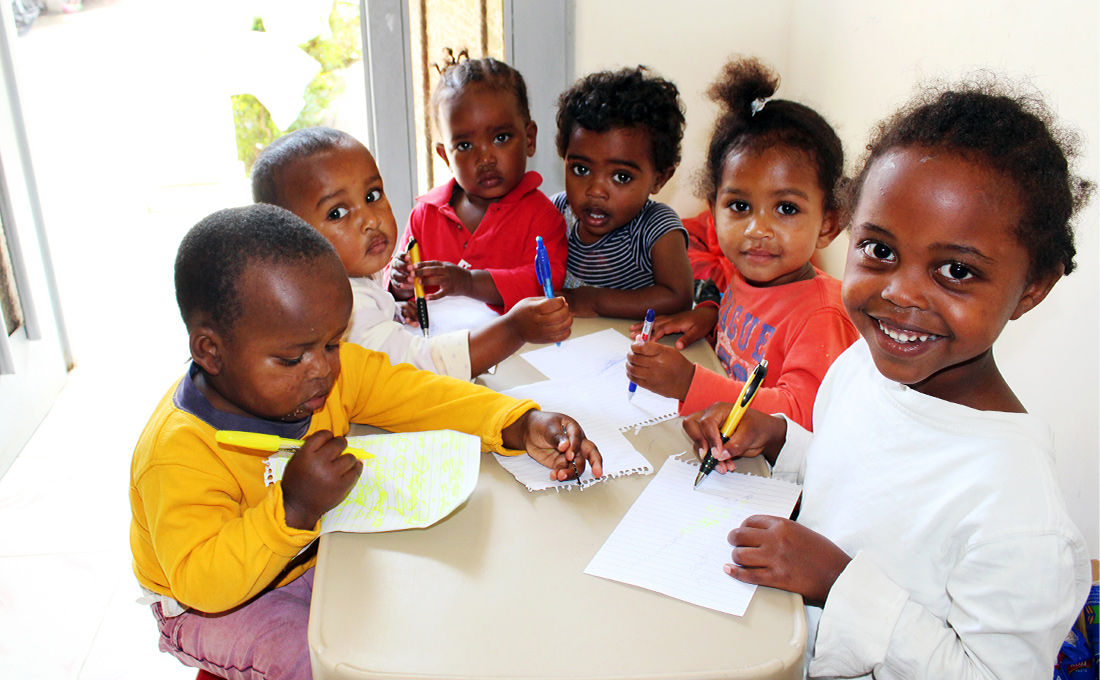
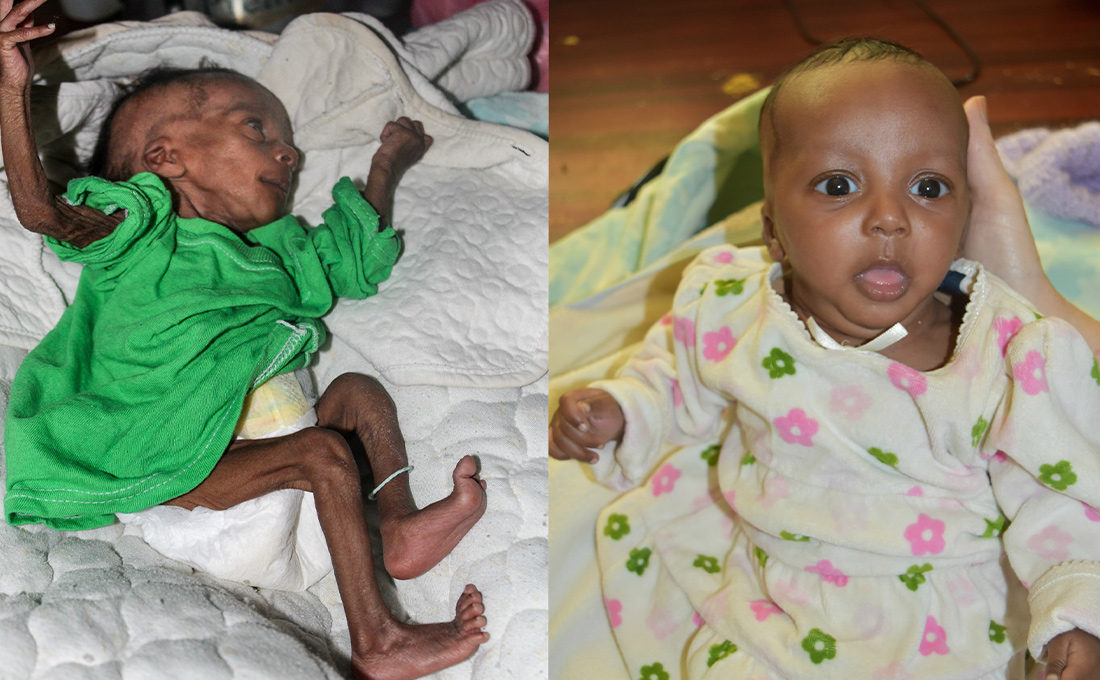
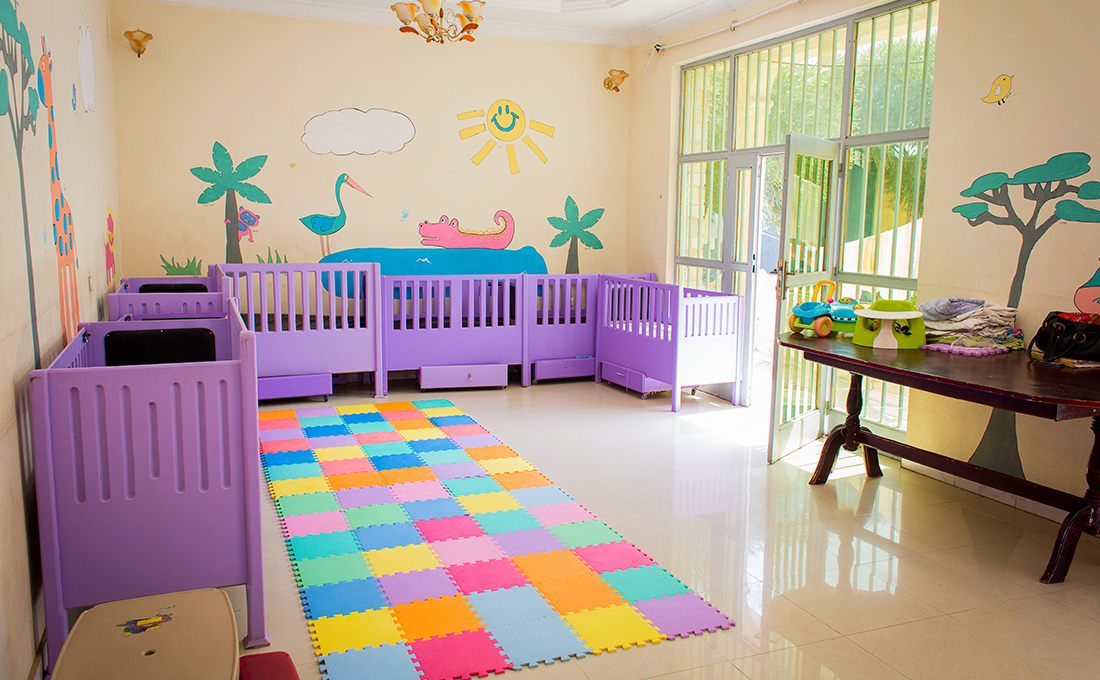
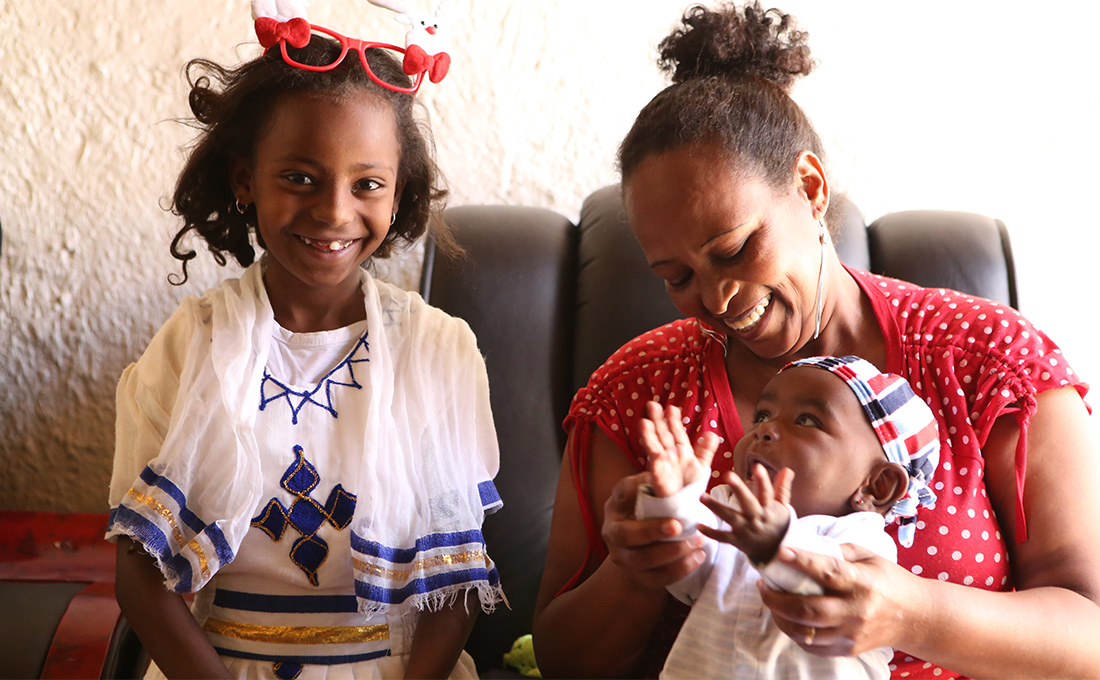
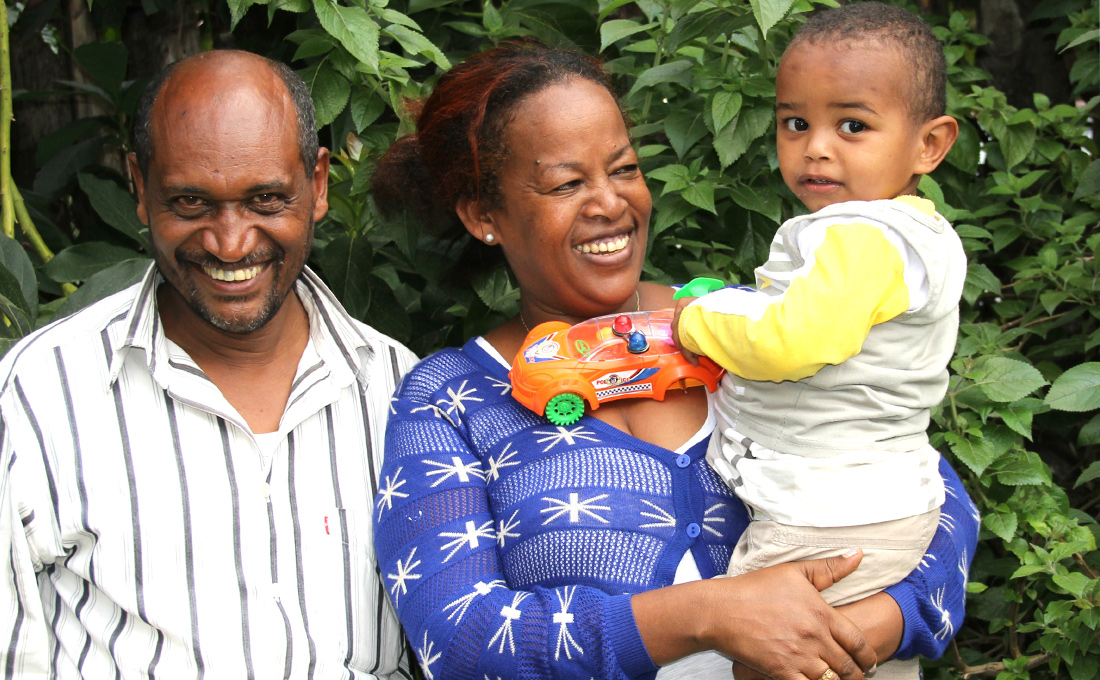
This is only the beginning
To help effect long-term cultural change, House of Joy has designed two-day conferences to address unique questions and cultural concerns around adoption. This seminar includes pre and post-placement adoption training. Over 200 couples have gone through this training with many more to be trained in the days to come. Many of those families have now adopted this amazing home.
The plight of these abandoned children is overwhelming. The work of House of Joy is making an amazing difference in the lives of these children and in Ethiopia’s abandoned baby crisis as a whole.
How you can help
There are three ways you can make a difference in the lives of these children:
Give
We cannot do the work that we do without the support of our incredible donors. Whether it’s a one-time gift or a monthly commitment, every gift makes a difference in the lives of these children. We maximize every dollar for each donation given. Visit https://streamsofmercy.org/give to Learn More.
Partner
You can spread the word about this project and the work that we are doing as an organization. We want to help you do this. Send an email to partners@streamsofmercy.org and we’ll be in touch with ways you can start bringing change in the lives of these children through your community.
Share
We rely on word-of-mouth to help spread the word for the work that we do. A simple share on your social media platforms can help us reach hundreds of new people in your network who have never heard about this ministry.
About Ethiopia
Ethiopia is home to more than 110 million people. An estimated 80%-85% of the population is dependent on subsistence farming, a practice where families rely on food they farm themselves to eat. But frequent droughts, a history of long-lasting famines, as well as the current locust outbreak have made this almost impossible. As much as 90% of the population lives below the poverty level, placing the average per capita income at only $800. Lack of food, unsanitary living conditions, and inadequate medical care have torn countless families apart. As a result, more than 5 million orphans live in Ethiopia today, almost a million of whom lost their parents to HIV/AIDS.
According to UNICEF data, over 300,000 orphaned children live on the streets nationwide with 100,000 in Addis Ababa alone. These children are usually around the age of 10, but 20% are under the age of 5 — often abandoned by their parents.
